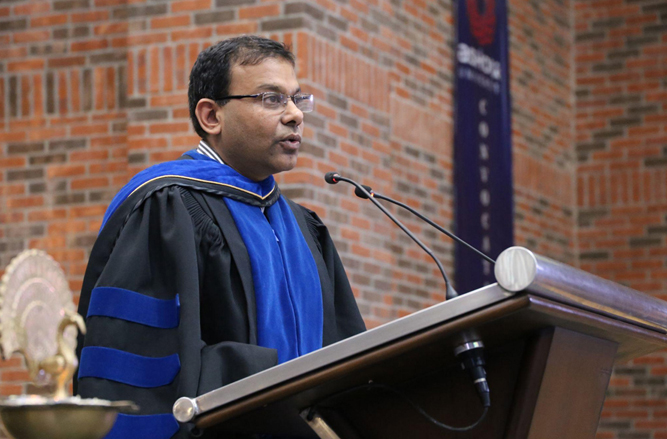University Grants Commission (UGC) has announced regulations that allow students to pursue multiple degree programmes simultaneously in offline, online or blended settings, under the New Education Policy (NEP) 2020, which advocates for an interdisciplinary and fluid style of education. Several proposed reforms in the higher education industry are aimed at increasing Gross Enrollment Ratios and employability. Vineet Gupta Ashoka University Founder asserts, “As per NEP 2020’s charter, dual degree programmes will now be possible in Indian universities. Such programs have been fairly common abroad. Students may think about enrolling in dual degree programmes after the specifics are ironed out by the academic institutions. This is a welcome development as dual degrees help students broaden their knowledge and improve their work prospects.”
It is anticipated that this reform will assist students in earning dual degrees concurrently and increase their career prospects. Reforms like these may elicit criticism, but on the whole, they are beneficial to the country. Individuals can gain additional knowledge and skills, which will raise the educational standard. Dual degree programs provide graduates with a wide range of skills and career opportunities. By combining talents from several disciplines, students will be able to address critical challenges and solve real-world issues.
In the implementation of a dual degree programme, the additional workload may appear challenging and stressful. When students from different degree programs are enrolled together, there can be a sense of inadequacy. “Students must get a detailed orientation and information about the benefits and drawbacks of this new scheme. Diverse educational institutions at the graduate and postgraduate levels must adapt their institutional structure in order to adopt dual degree programmes. The students may find it challenging to take two full-time programmes simultaneously in one setting and how these programmes roll out will be clarified in the upcoming months” states Vineet Gupta, Founder Ashoka University.
Students pursuing dual degrees will benefit more from courses in technology, engineering, management, commerce, education, and vocational training. It is particularly helpful to obtain a dual degree if one of the programs focuses on technical practice, such as law, finance, marketing, linguistics, or engineering, while the other program focuses on subjects of interest to students, such as environmental studies, international relations, coding, healthcare, art, or drama.
Students often have difficulty narrowing down their interests when deciding which bachelor’s or master’s degree is best for them. By obtaining two degrees, one can satisfy one’s curiosity in more than one field of study. Ashoka University offers students a multidisciplinary undergraduate curriculum that exposes them to diverse perspectives and disciplines. It is possible for students to choose their intended major as late as the third semester. As a result, they will be able to explore different possibilities, engage in extracurricular activities, and discover different interests.
To stand out in today’s highly competitive market, students must possess a variety of skills and be active. In order to succeed in their future employment, the student population seeks courses that will prepare them for decent jobs after graduation. To attract more students, higher education institutions will need to update their curricula and offer innovative courses. A dual degree program is beneficial if a student has the aptitude and capacity to pursue both degree programmes simultaneously.
“Students may pursue two degrees simultaneously while saving time and money and enhancing their career prospects. To transform Indian higher education, we must not only maintain the current trajectory of policy reforms but also ensure that these reforms are implemented. In order to address unemployment, it is also necessary to include job-oriented courses into the dual degree system” opines Ashoka University’s Founder, Vineet Gupta.



















